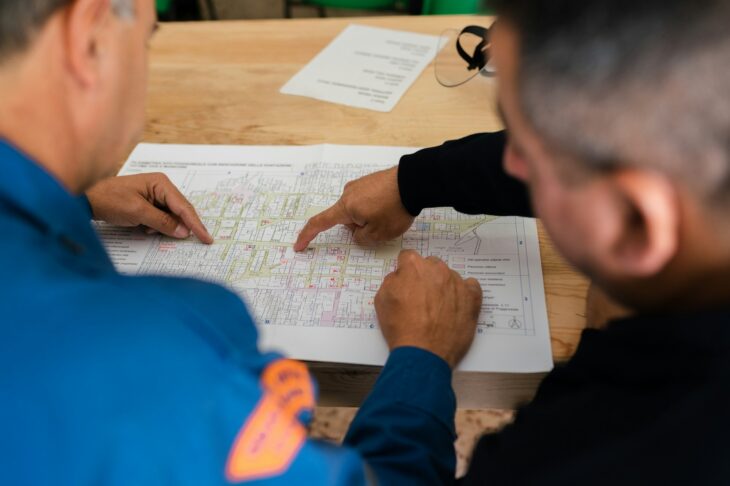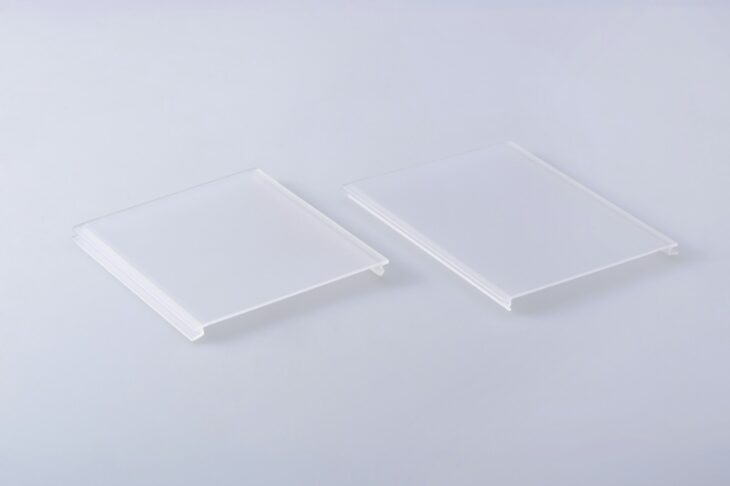
The Pros and Cons of Writing Checks
In these modern times, we’re led to believe that credit cards and online payments are the way to go. But is that really the case?
Paying with checks has obvious benefits, like it is eco-friendlier than credit cards. However, there are also some downsides that many people don’t know about.
Are you unsure if checking is the right way to pay your bills? Not sure how the checks work?
Here we list the pros and cons of writing checks so you can decide whether or not to use checks as a payment method. Keep reading to find out more!
Pros: Writing Checks are Convenient
Paying with checks is certainly convenient. They are fast, widely accepted, help keep track of expenses, and are easy to use. Filling the memo line with details can be beneficial when itemizing purchases or leaving a note for yourself.
They allow you to pay for purchases quickly and securely. You only need a pen and a piece of paper to make a payment which is significantly less time-consuming than finding a form of card payment. Additionally, personal information is not shared when writing a check, so it may be an appealing payment form for those concerned about privacy.
Cons: There are Fees Associated With Check Writing and Handling
Writing checks is a convenient way to pay for goods and services; however, there are fees associated with check writing and handling. One commonly charged by banks is a bounced check fee when a written check is presented for payment and is rejected due to insufficient funds.
In addition to bounced check fees, banks may also charge annual fees to open and maintain depending on the different types of checks an account is allowed to issue. These fees can quickly add up and reduce the amount of the deposited funds that would be available for spending.
Pros: Checks are Easy to Track and Keep Organized
The biggest advantage of using checks is that they are a very reliable way to keep good records of your finances and establish a paper trail when making payments. When a check is allocated, it will also provide the recipient with proof of funds and also document the date, amount, and purpose of the payment.
In addition, checks are easy to track and keep organized because you can number them and log them in an accounting ledger to keep records. This feature aids in knowing exactly when payments are due and where your money has been spent.
Cons: Paying Via Check Requires a Longer Transaction Time
One potential disadvantage of check payments is that the transaction may take longer than other payment methods, such as making a debit or credit card purchase. Paying via check requires the merchant to manually enter the information into the register and then physically deposit the check, which can take multiple days.
Additionally, the check must clear the bank before payment is fully made to the merchant, adding additional time to the process.
Know the Pros and Cons of Writing Checks
Overall, checks can be a convenient way to pay for items and services, but there are risks associated with using checks. Knowing the pros and cons of writing checks is important to make the best decision for your needs. If you’re in need of a safe and secure payment option, consider using other forms of payment.
Found this article helpful? Check out the rest of our blog for more!

